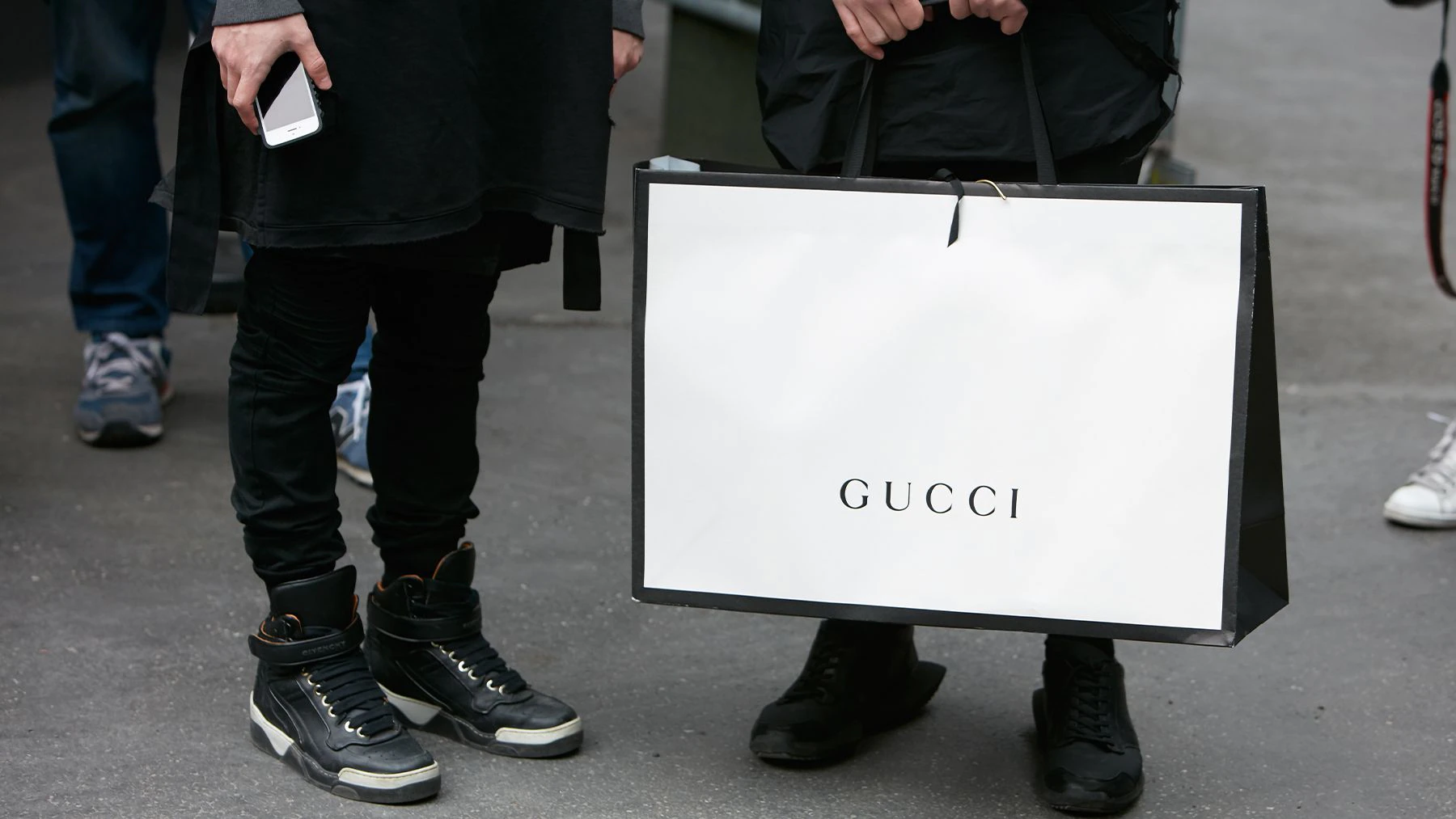
Gucci owner Kering SA is snapping the longest dry spell for Europe’s corporate debt sales since 2020, with May’s approach likely to prompt more activity before the end of market support.
The French luxury fashion group is offering two euro-denominated notes to boost the merger €6.53 billion ($6.89 billion) of non-financial corporate issuance so far this month, according to data compiled by Bloomberg. It’s the first new investment-grade debt deal from a non-financial company since April 12, snapping the longest barren spell since August 2020, the data show.
Borrowers have steered clear of the region’s debt market as the quarterly earnings blackout period has coincided with global market volatility and the start of central bank interest-rate hikes. At the same time, Russia’s invasion of Ukraine has been fuelling fears of supply chain pressures and unchecked inflation. But some companies may not want to postpone financing programs much longer as broader markets start to rally.
“In May supply could pick up,” ING Groep NV credit strategist Timothy Rahill said in emailed comments before Kering’s offering. “Issuers that do want to do funding this year will want to come pre-summer, particularly now as the corporate-sector purchase program will end in the third quarter.”
European Central Bank president Christine Lagarde said at a press briefing April 14 that the ECB expects net asset purchases under its asset purchase programme “should be concluded in the third quarter.”
The absence of companies from the market has also helped fuel the lowest year-to-date sales volumes from non-financial issuers on record, with just €96 billion pricing. That’s about 39 percent down on the same period last year, Bloomberg data going back to 2014 show.
“With many corporates already being well funded, there is little rush to access the markets immediately amidst the current volatility,” Tomas Lundquist, head of European corporate debt capital markets at Citigroup Inc, said in a video interview. “Our advice to companies is to be prepared to issue once markets are stable, by having documentation platforms ready and flexibility to be able to raise capital both in Europe and the US bond markets.”
Clearer Window
Kering will raise at least €1 billion from its first offering since May 2020, which is expected to price later on Thursday, according to a person with knowledge of the sale, who asked not to be identified as they are not authorised to speak about it. It’s marketing three and eight-year notes, with the longer tranche offered at about 70 basis points above midswaps.
Medical equipment maker Koninklijke Philips NV has also opened books on a multi-part euro offering this morning. It’s marketing three notes that include green and sustainable tranches, according to a separate person with knowledge of the sale.
They’re the first new non-financial corporate bonds offered in Europe’s primary market since April 12, when UK energy supplier SSE Plc priced euro hybrid notes. In previous Aprils, Coca-Cola Co., Orange SA and PepsiCo Inc have been among the big-name issuers coming to market. The end of corporate earnings blackouts could be a fillip for debt sales, if companies decide to squeeze in deals before the seasonal summer slowdown.
“The market is moving into a period where we will likely see a pickup in supply,” said Sam Boughton, director, corporate bond syndicate at NatWest Markets Plc. “After the Fed and the Bank of England meetings next week there will be a window which is a little bit clearer, but still all the ongoing concerns which the market has around the Russia-Ukraine crisis, inflation and pullback of the central banks remain.”
Still the bounce-back is far from guaranteed, with market participants weighing central bankers’ next moves and the uncertain global economic outlook. Potential borrowers may find that they’ll need to seize on limited windows of opportunity if volatility persists.
“I think it’s pretty clear evidence that the market is weak and syndicate desks are worried about getting deals away,” said Gordon Shannon, a portfolio manager at TwentyFour Asset Management. “The nervousness comes from the unwinding of years of central bank liquidity. None of us, including the central banks, really have experience of what that looks like and we’re a long way from the end of it.”
By Ronan Martin and Priscila Azevedo Rocha
Learn more:
Can Kering Shake Off Gucci’s Growth Hangover?
The Italian mega-brand’s uneven pandemic rebound has some investors worried after years of dizzying growth.



